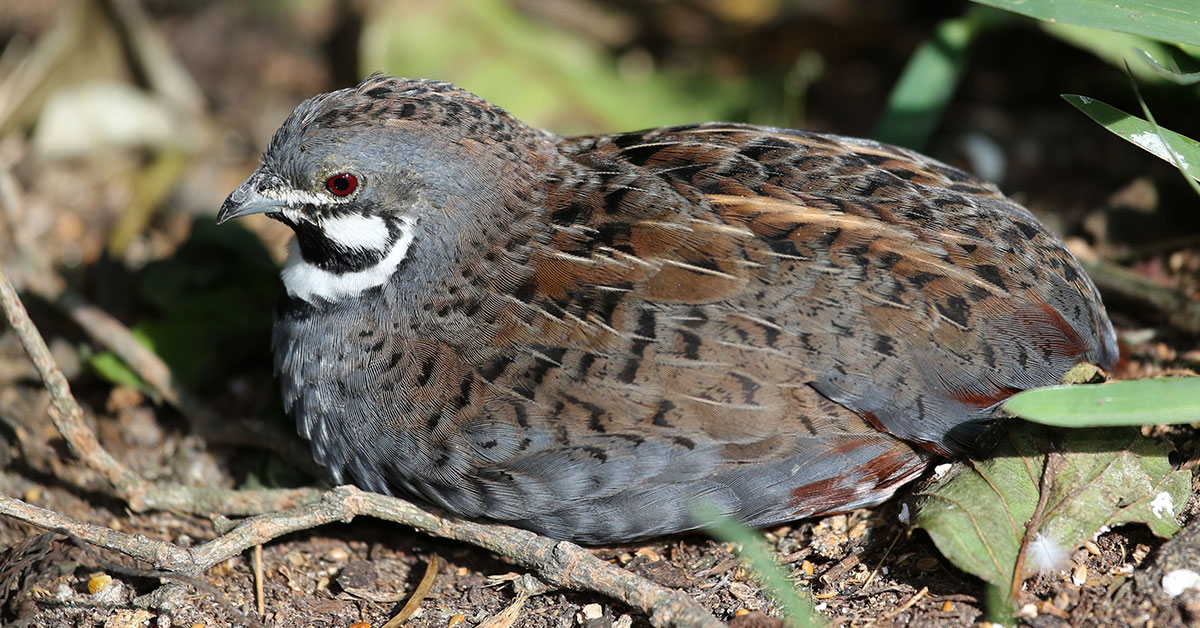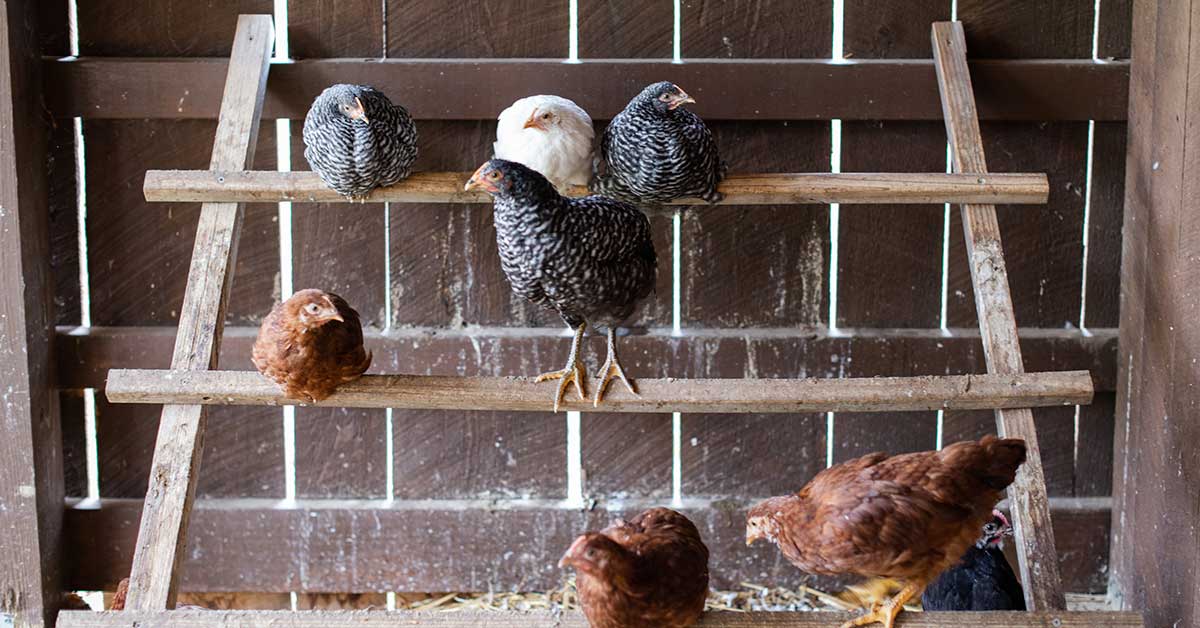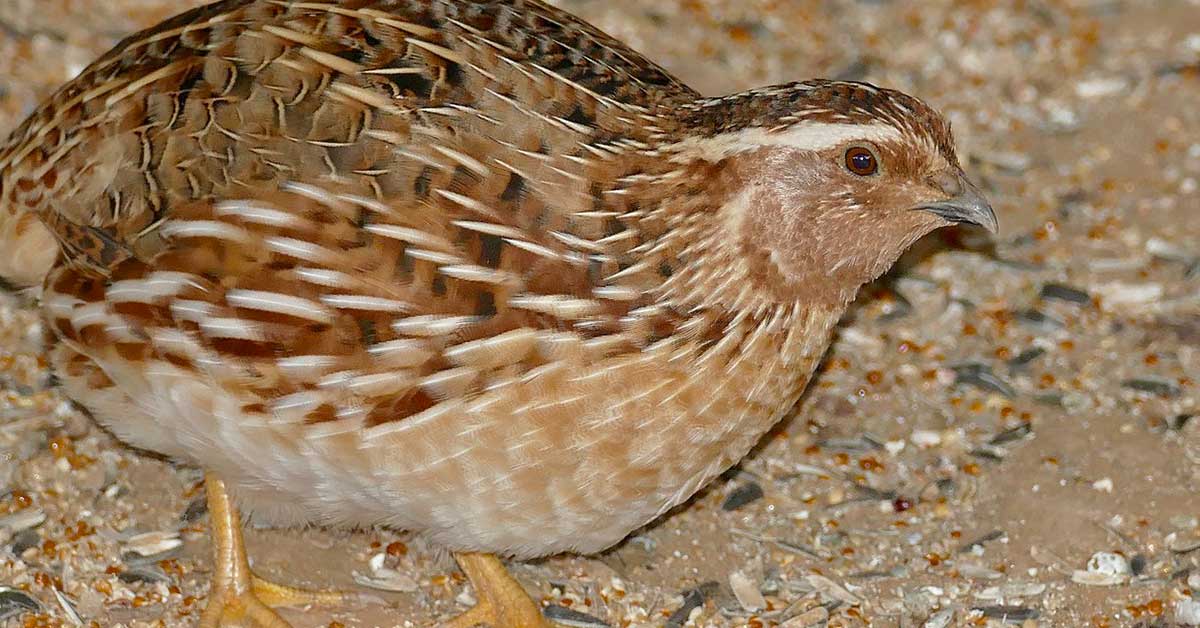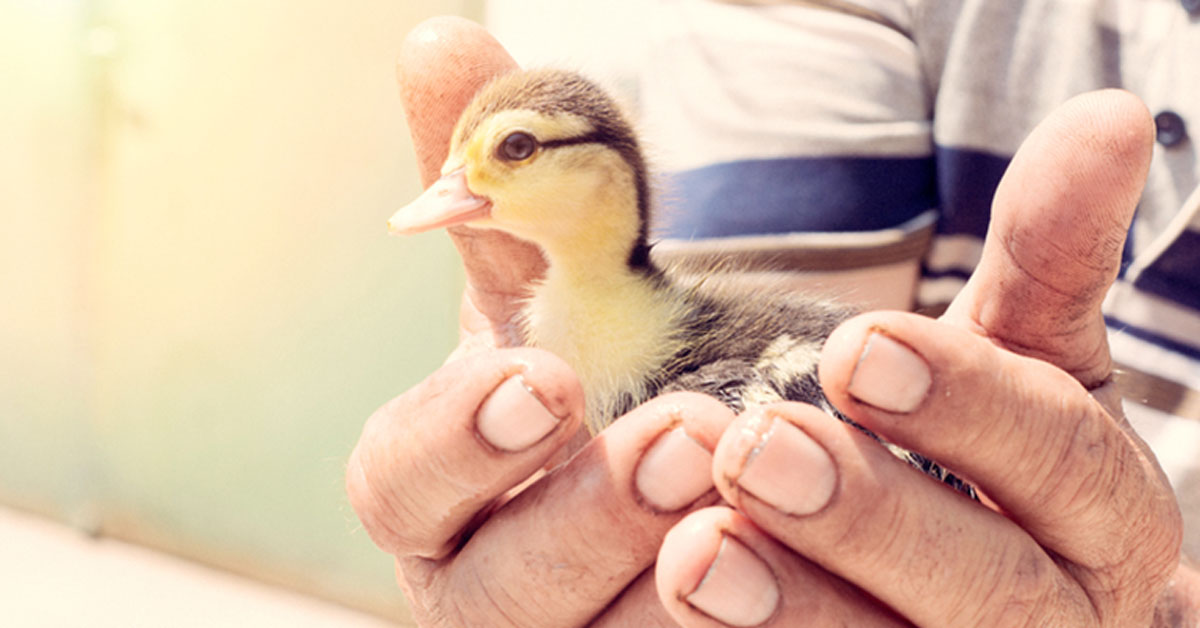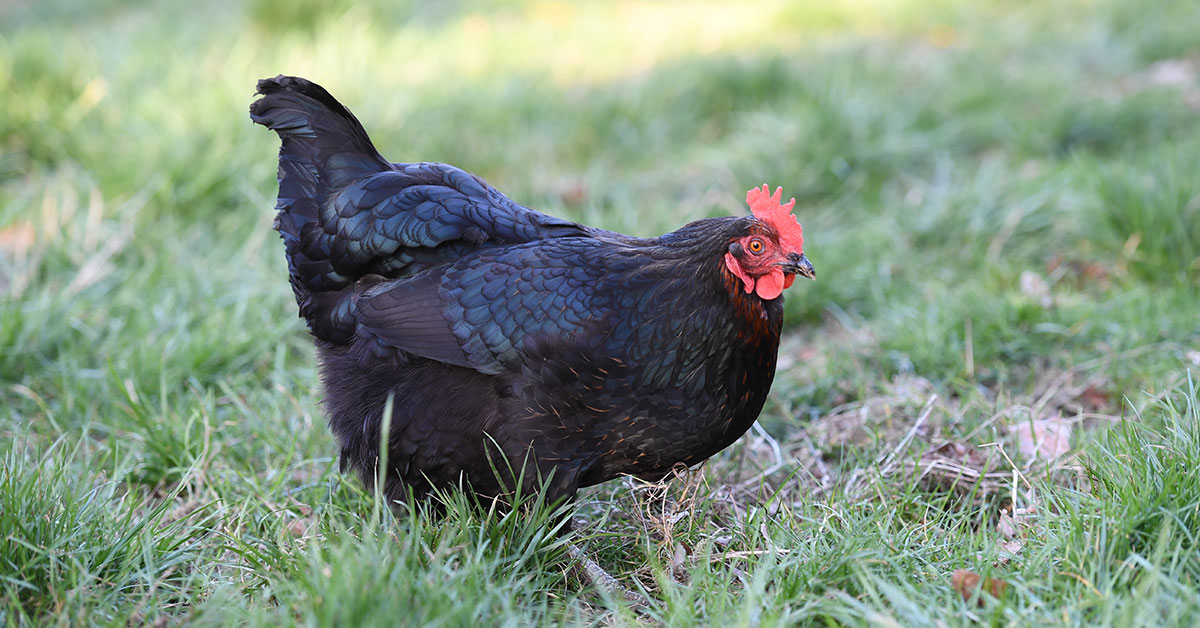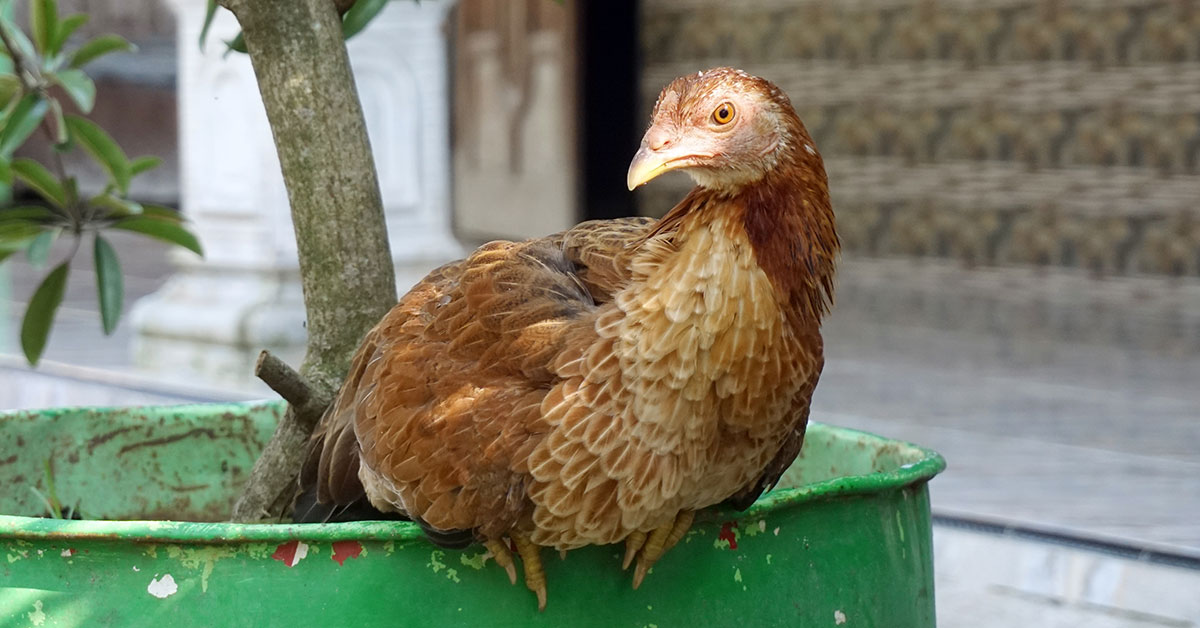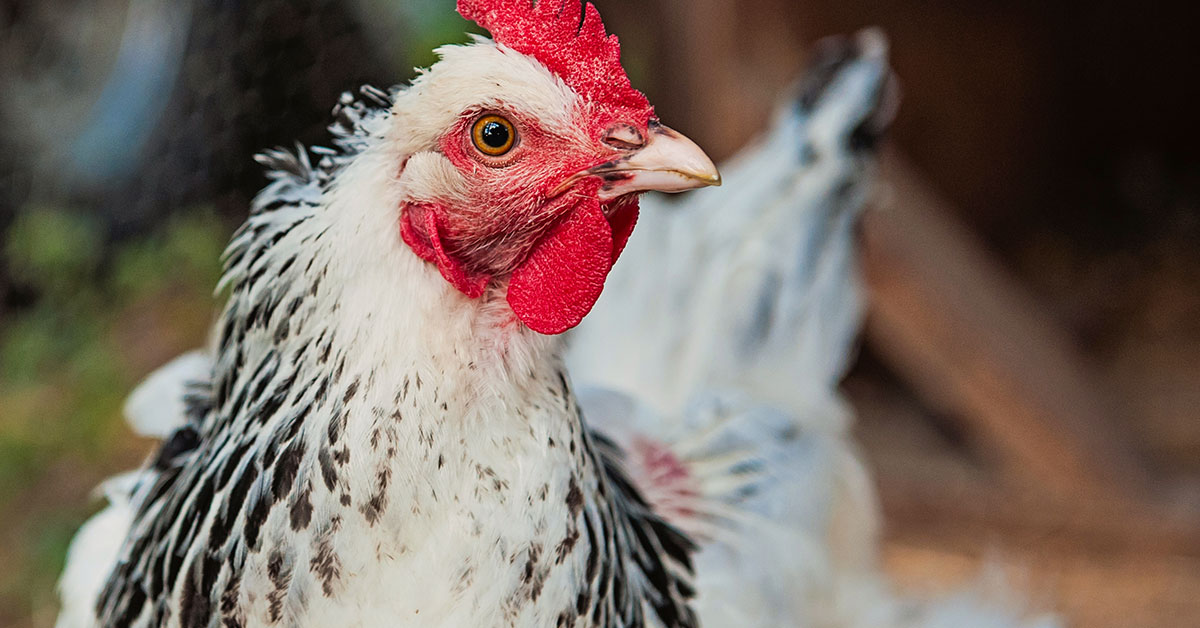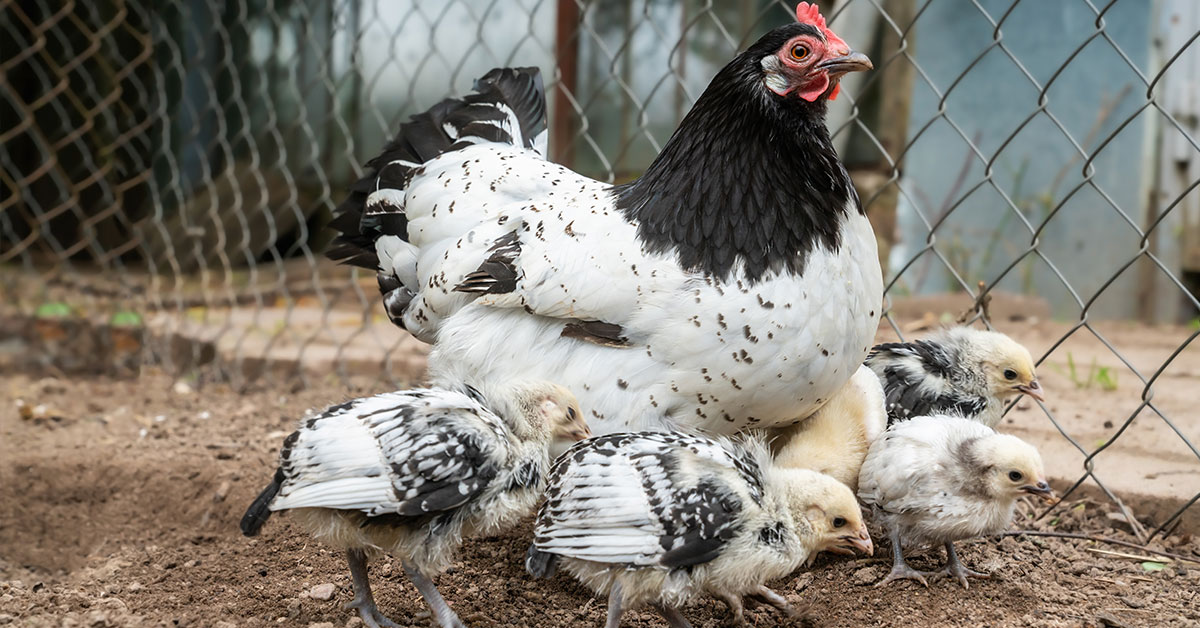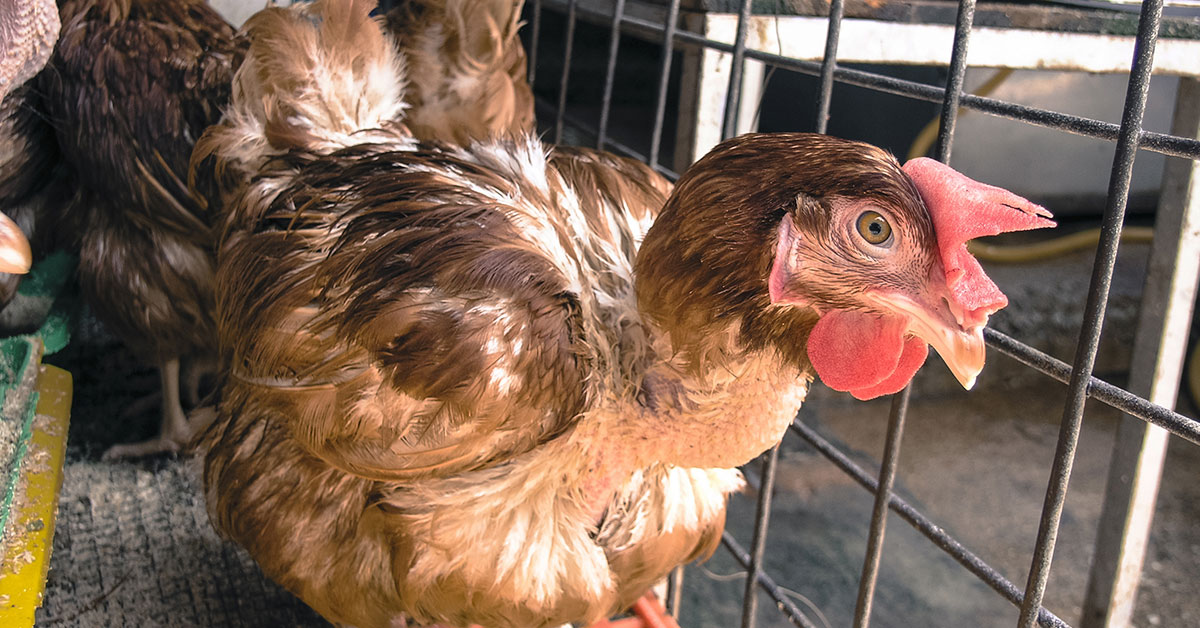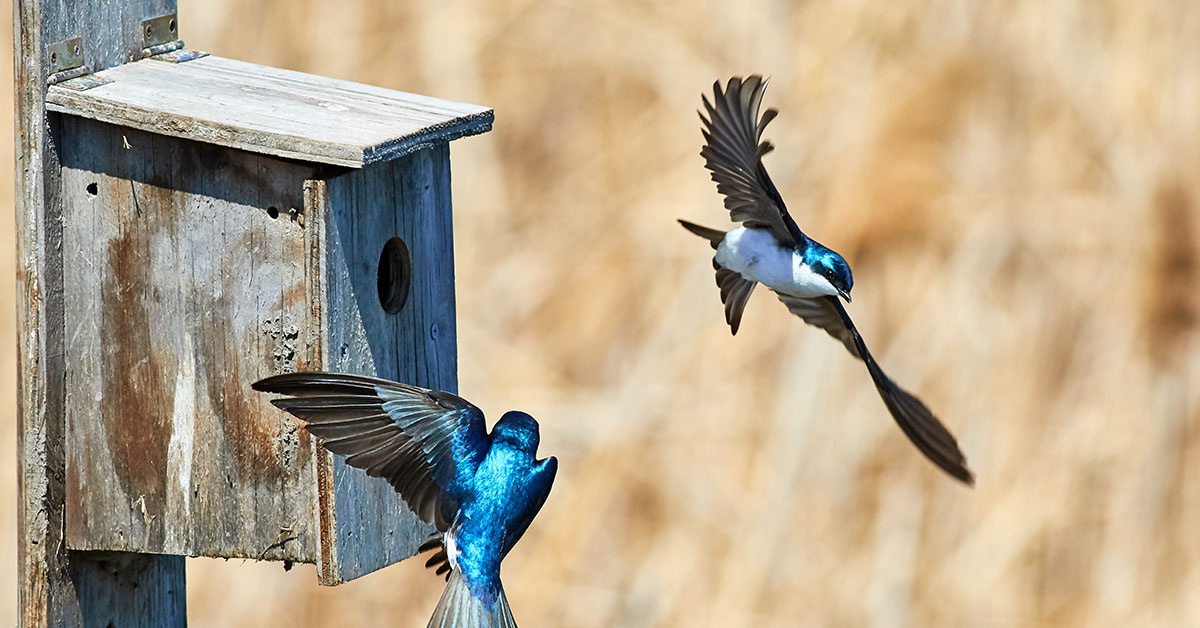Backyard chicken keeping is an increasingly popular hobby that is experiencing a resurgence. More and more cities are rolling back ordinances that prevent keeping chickens on your property, leading to an uptick in interest. There are hundreds of different types of chickens to choose from – hybrids, heritage breeds, crosses. One of those breeds is the Freedom Ranger.
Featured image above is courtesy of Cackle Hatchery, who I’ve personally gone through to order chicks. They’re great!
All About Freedom Ranger Chickens
When it comes to picking the right breed of chicken for your home or farm, knowing the basics of the breed will help you make that decision. Depending on their purpose, you can raise the perfect breed of chicken just for you! The Freedom Rangers purpose is more specifically aimed towards raising them for meat. Like their name suggests, they love to free range and forage as much as possible. Additionally, they are a perfect alternative compared to faster growing chicks like Cornish or white broiler chicks as well as slow growing heritage breeds.
- Other names: Red Rangers, Rainbow Rangers
- Appearance: Tri-colored or red feathered. Yellow shanks, skin, and beaks.
- Origin: Cross breed between American and European heritage breed, 1960’s
- Temperament: Docile
- Noise: Moderate
- Purpose: Meat
- Maturity: 16 weeks
- Eggs per year: 170
- Egg color: Brown
- Egg size: Large
- Hen weight: 5-6 lbs.
- Rooster weight: 5-6 lbs.
- Broody: No
- Lifespan: 1-2 years
- APA Recognized: No
Since Freedom Rangers are typically raised for their meat, their lifespans are usually very short. You’ll have meat ready birds within 9-12 weeks which gives them hardly any time to be broody and raise chicks. Nor do they have the instinct or desire to sit on eggs.
Temperament
Freedom Rangers are usually very kind and friendly to people and to their flock. They like to stay in their clique whenever they can and don’t bother any other birds for the most part. Even if you do end up keeping your Freedom Ranger for a handful of years, their demeanors hardly ever change.
When it comes to roosters, and this applies to just about every breed of chicken, if you treat them with respect and are kind, they will typically return the favor. Knowing their boundaries and reading their body language is important. If, despite all your best efforts, your Freedom Ranger rooster won’t stop being aggressive, it may be best to remove him from the flock and look for a nicer rooster.
Purpose
If you’re looking for a decent broiler bird for meat, Freedom Ranger chickens are a solid choice. They are easy to raise, easy to handle, and give you about 5-6 lbs. worth of meat after 9-12 weeks. Since they love to free range, foraging is never a problem if they have the space to do so. You’ll get the best results if you can provide a free ranging environment for them. Allowing them dust bathing, natural sunlight, room to forage and scratch will go into the longevity of your Freedom Ranger chickens. However, they can also prove to be decent egg layers if you let them live past their prime meat cultivation period.
Breed standards
Freedom Ranger chickens are often a mixed bag. They can either be tri-colored or red feathered. The chicks can also vary in appearance making it seemingly difficult to sex them. Although it may take them a little longer to mature compared to other fast growing breeds, this contributes to their overall meat quality. The healthier and happier the chicken, the higher density and more flavorful the meat will be. You’ll want to raise them year after year with how delicious they tend to be!
Coop and run
Chickens tend to pick up bad behaviors when their coop and run aren’t up to their standards, so making sure you have the appropriate coop and run for your Freedom Ranger chickens is vitally important.
Freedom Rangers like to have plenty of coop and run space to go about the business of being a good chicken. The more space you can provide them, the happier they’ll be.
Chicken runs and coops should be kept properly cleaned out and provided with fresh straw regularly. At least one nest box per laying hen is preferred, although they can tolerate “buddying up” and laying eggs in the same nest box. Chickens are known to wander some and will occasionally find creative places to lay their eggs.
Common Freedom Ranger chicken problems
Freedom Ranger chickens do not share the same problems that Cornish chickens are prone to. In fact, it’s a large determining factor when raising birds for meat since you want the least problematic bird to deal with when it comes to meat production. The Freedom Ranger may not develop as fast but their quality of life and quality of meat are to argue in comparison. Everything else listed below this paragraph are basic problems when dealing with any breed of chicken.
Viral diseases
Chickens are susceptible to a number of viral illnesses, including Marek’s disease, avian flu, fowl pox, Newcastle disease, and bronchitis. Some of these conditions are more common than others. Signs of a viral infection among your chickens include sneezing, coughing, reduced egg production, reduced eating, lethargy, discharge around the eyes and sinuses, sores, and paralysis in the case of Newcastle disease.
Most chicks acquired from a reputable breeder or hatchery are vaccinated against the more common viral infections, like Marek’s. Chicks acquired from smaller-scale sellers may not be vaccinated. Always ask if your chicks have been vaccinated and what they’re vaccinated for.
Bacterial illness
Bacterial infections are a real concern for chickens, as coops, runs, and the outdoors, in general, can be havens for bacteria. The most common bacterial infections for chickens are salmonellosis and colibacillosis. These infections can be fast spreading and infect entire flocks.
Signs your chickens may be struggling with a bacterial infection include reduced egg laying, breathing problems, reduced appetite, and death. Salmonellosis doesn’t always present symptoms in chickens.
Fungal diseases
The two most common types of fungal diseases are brooder pneumonia and ringworm. Ringworm can be spread to humans as well, so if you suspect your chickens have ringworm, handle them carefully and wash your hands and clothes immediately.
Brooder pneumonia tends to only infect young chicks spending their first few weeks in a brooder. Ringworm usually clears up on its own with time. Keeping brooders and coops clean is key to avoiding these fungal infections.
Parasitic infection
Like most of our pets, chickens can experience parasitic infections. Worms, ticks, lice, and mites are some of the more common ones. Symptoms of these parasites include loss of appetite, lethargy, skin irritation, and unexpected loss of feathers outside of normal molting.
Be wary of used coops. Always disinfect them thoroughly before introducing your chickens. Replace coop bedding often and periodically disinfect chicken coops to reduce the presence of parasites.
Injuries
It can be a rough and tumble life for chickens as they go about establishing pecking orders and foraging for food. Injuries, particularly foot injuries, aren’t uncommon. Most surface-level injuries will clear up on their own, but foot injuries are particularly concerning as the chickens’ talons tend to come into contact with their own manure as well as other pathogens in the soil and on the ground.
Common signs of a foot injury are difficulty walking or putting weight on the foot as well as lethargy. In the case of bumblefoot, a type of staph infection, both the chickens’ digits and sometimes entire feet can become swollen with pus-filled abscesses. Foot injuries should be treated and bandaged as soon as they are noticed.
Egg binding
Egg binding is an often tragic issue for chickens. It’s caused when an egg becomes stuck between the hen’s uterus and cloaca. Signs of egg binding include weakness, inability to perch, often choosing to sit or lay on the ground, straining, and a lack of egg laying. Egg binding can quickly become a fatal condition and will generally require a trip to an avian vet to fix.
“Pasty butt”
Pasty butt, sometimes called pasty vent, is a fairly common condition that afflicts chicks. It can quickly become a life-threatening issue if not addressed. Pasty vent tends to be caused by stress and dehydration. It occurs when thick stools block the chick’s vent, preventing it from passing droppings.
Eventually, the chick will become ill and refuse to eat. Signs of pasty butt include smaller chick size and a pasty mat of droppings over the vent. This condition is easily treated by cleaning the affected area and removing the stuck droppings.
Breeding Freedom Ranger chickens
Freedom ranger chickens are a hybrid. In this case, they’re a cross between 4 other breeds of chicken. If you attempt to breed freedom rangers, which you’re welcome to try, you won’t get true freedom rangers from the eggs. You’ll get a random combination of genes from the grandparent birds. If you like raising freedom rangers, your best bet is to get more chicks from a hatchery.
What to feed Freedom Rangers
Up until their butchering age, your Freedom Ranger chicks should be fed a commercial meat chick starter feed with 21-22% protein. This added protein will help your young chicks grow and develop into healthy birds. Chickens enjoy being put out to pasture where they can eat grass, bugs, and other plants. They will also gladly eat some fruits, vegetables, grains, and leafy greens. Free-ranging your birds will also cut down significantly on your feed costs.
For more information, check out our comprehensive guide on what foods chickens can and cannot eat.


